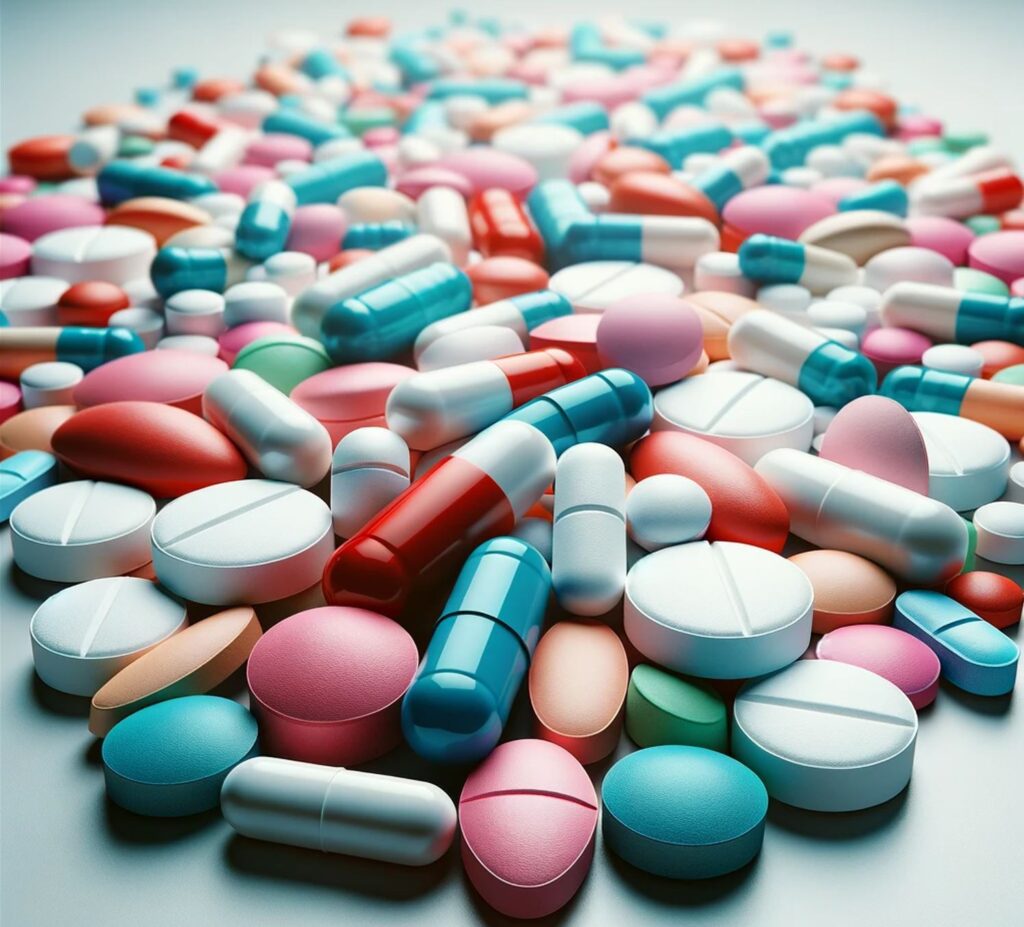Warning & Disclaimer: Nothing that is presented below, and on this website in general, is medical advice or a substitute for medical advice. The following represents only what I personally (n=1) would do if I were depressed.

This article has three parts. Part I discusses some general aspects of depression. In part II I discuss a host of interventions other than antidepressants. Part III covers antidepressants.
Part I: Depression
Anecdote time
A couple of years ago, I was in a dark place. I had just finished my biggest exam, and the weeks before were incredibly stressful and brutal. On top of that my mum was diagnosed with breast cancer and I had just moved out of my apartment.
I felt incredibly lost. I could not think clearly and I started to question myself, the path I was on, and I regretted a number of bad choices I had made. I felt that my friends were not supporting me (though in hindsight they clearly were) and I felt unloved and unlovable.

Although I have not been officially diagnosed this may have been a major depressive episode. Depression is scary because when I was in the middle of it, I could not imagine there being any hope or any possible way I, or my life, could recover.
I could have been feeling great just a few days ago but once I was at the bottom that did not matter. I wholeheartedly believed that my life was screwed for good and I knew with certainty that it would never get better and there was nothing I could do about it.
Major depression is not just some made-up term for people having a bad day – it is a serious mental state, characterized by a severe imbalance in gene expression and neurotransmitters, which makes the individual emotionally unstable, unable to focus or to think clearly, kills joy, and removes interests (sometimes including one’s own survival).
Even though I had come on and off a number of drugs many times, I now lacked the self-confidence to treat myself with antidepressants out of fear that I would make things worse. After a lot of research and hesitation, I talked to the head of the psychiatry department, and he assured me that vortioxetine was an excellent choice. This reassurance meant the world to me.
Even though I was told to start at 5mg, I started at just 1.25mg because I am a CYP2D6 poor metabolizer (and frankly, because I was quite scared). I could already feel its effect on the first day – and I am quite sure it was not a placebo effect.
The neurobiochemical alterations brought about by vortioxetine changed my outlook on life and the world shockingly quickly. I forgot how bad it was within just a period of a few days, and after a few weeks, I had gotten used to my new state, and my “old” state seemed like a distant dream. This seems to be a common theme.
Six months later, I felt that vortioxetine had mostly done its job and I was again in a good place (mentally, physically, life circumstances). After 3 more months, I tapered off.
This starkly reminded me again of something I had known for a long time: I am a biological creature, and my emotions, thoughts, outlooks, and thinking patterns are at the mercy of my neurobiochemistry and its changes.
The mind is what the brain does.
But why do people get depressed?
The above is only a fraction of the article. This article is currently undergoing final revisions and is expected to be published within the next few weeks to months. To receive a notification upon its release, sign up for my newsletter.
Subscribe to the Desmolysium newsletter and get access to three exclusive articles!
